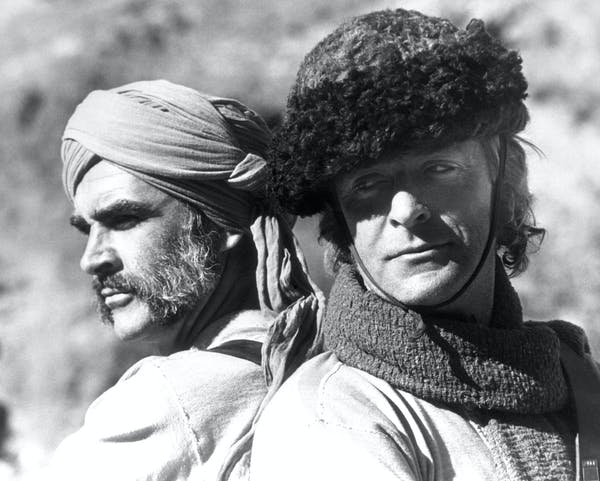 |
| Michael Fassbender in the Assassin’s Creed film. (20th Century Fox/Youtube) |
The Assassin’s Creed franchise is leaping forward (off the top of a building, presumably) with the release of the 12th game in the series – Assassin’s Creed Valhalla – and the recent announcement of an upcoming Netflix show.
The Assassin’s Creed games use the framing device of a present-day conflict and the dramatically recreated memories of the characters’ ancestors in historical periods. These memories form the main action of the game and its main appeal. If anything, the present-day plot elements seem rather odd and superfluous by comparison.
For instance, in the first game (2007), the player controls a 12th-century Levantine assassin named Altaïr Ibn-La'Ahad during the Third Crusade. His 21st-century descendant, Desmond Miles, is forced to experience Altaïr’s life so that the present-day Templars can find prehuman artefacts known as Pieces of Eden. If that doesn’t sound like it makes much sense, well, it doesn’t.
This is no Shakespearean play-within-a-play device with two separate narratives that merely reflect and comment on each other. Rather, the stories directly affect one another – you must go into the past to uncover the secret locations of present-day artefacts.
Incoherent narrative
Assassin’s Creed never really attempts the moral depth and world-shaking decisions of, say, the critically-acclaimed Deus Ex videogame franchise. Deus Ex’s background of warring conspiracies is nuanced enough that the player feels that real choices are being made.The 2016 Assassin’s Creed movie was bad partly because the entire franchise – despite its many genuinely brilliant qualities of gameplay, atmosphere, and graphics – is narratively incoherent. This might be forgivable in a game built around atmosphere, cool weaponry and stylish moves, but it’s not enough for a viable film.
There are great examples of transmedia storytelling across multiple formats, such as the Marvel cinematic universe, Tolkein’s Middle-Earth or, indeed, Deus Ex. In these cases, each new book, film or game builds on the narrative of the previous ones while maintaining a sense of wonder and the unknown. But the Assassin’s Creed franchise doesn’t bother making the effort, as though its creators Ubisoft believe the occasional media studies experts who suggest that videogames should stay in their lane and not even try to tell stories.
It seems snobbish to assume that video games are just no good at narrative, but it’s almost as reductive to believe they should emulate filmic storytelling instead of embracing videogames’ unique strengths. Interactivity, agency, emotional engagement and immersion combine to provide players with experiences that would be impossible to achieve in purely linear stories.
Every time you let the player make a significant yes or no decision in gameplay, you double the number of possible endings. No storyteller wants to have to come up with hundreds of satisfactory endings.
Game designers have a variety of tricks available to reduce that number, giving the illusion of choice while gradually steering the player back onto the main plot. Still, most players will be happier if the series of interesting decisions include more than just selecting tactical options to overcome challenges. They need ethically weighty choices that empower them to playfully explore their value systems.
From winging it to fixing it?
The Assassin’s Creed franchise seems to have been winging it with its worldbuilding since the start, each story building haphazardly on the previous ones. I see three ways forward.They could continue to ignore concerns about coherence, concentrate on cool stunts and environments, and hope that fans will accept new instalments as merely each new creative team’s take. But the narrative threads sprawl so much that it’s going to be a tough sell.
 |
| A still from the very first Assassin’s Creed (2007). (Ubisoft/IGDB) |
Alternatively, they could start again, with a worldbuilding process not just a story idea. Videogames can tell amazing stories, despite what their detractors may think, but they do need a consistent background in which to set those stories. Creating a believable world first, would only make the next franchise stronger.




































